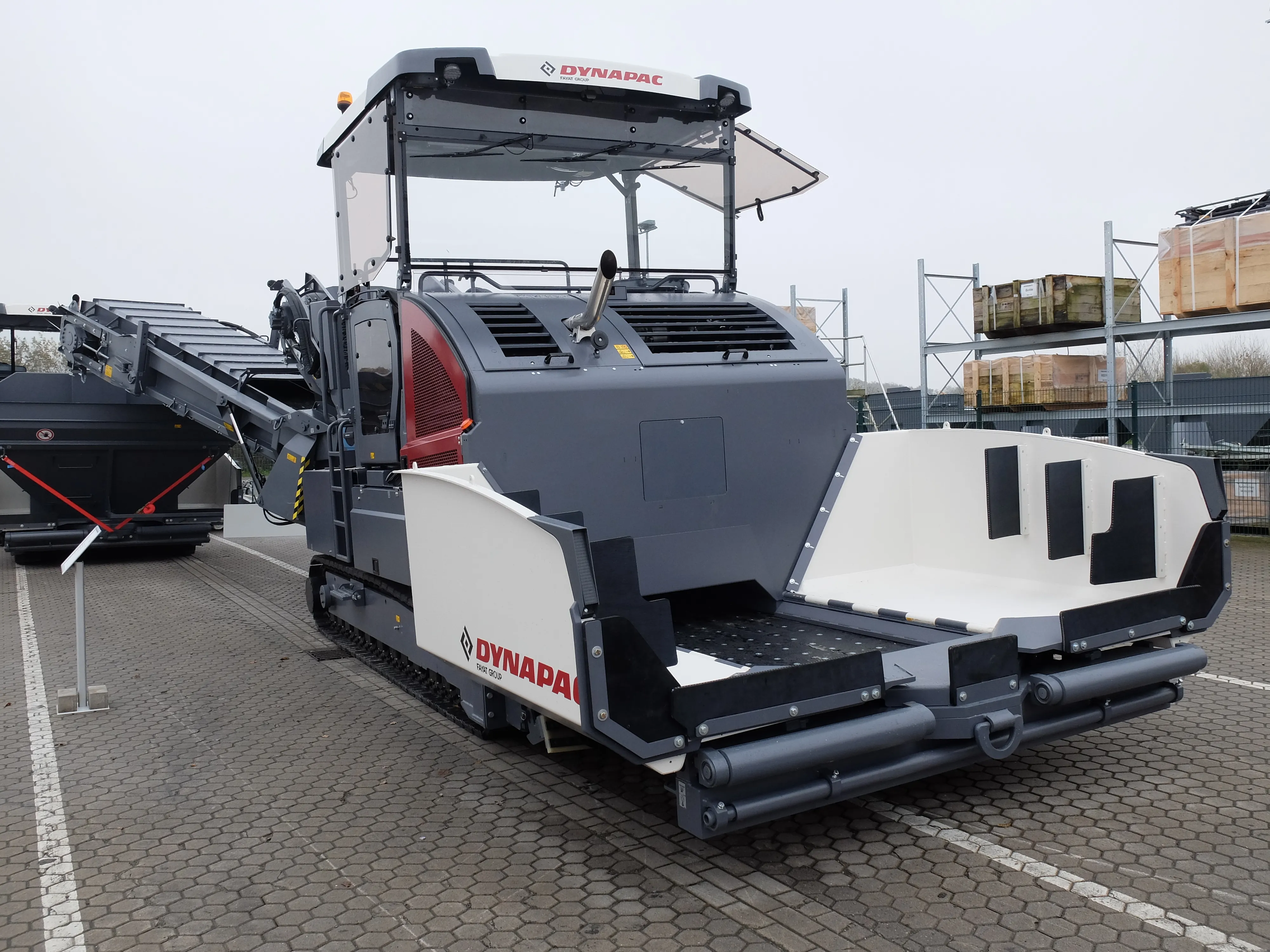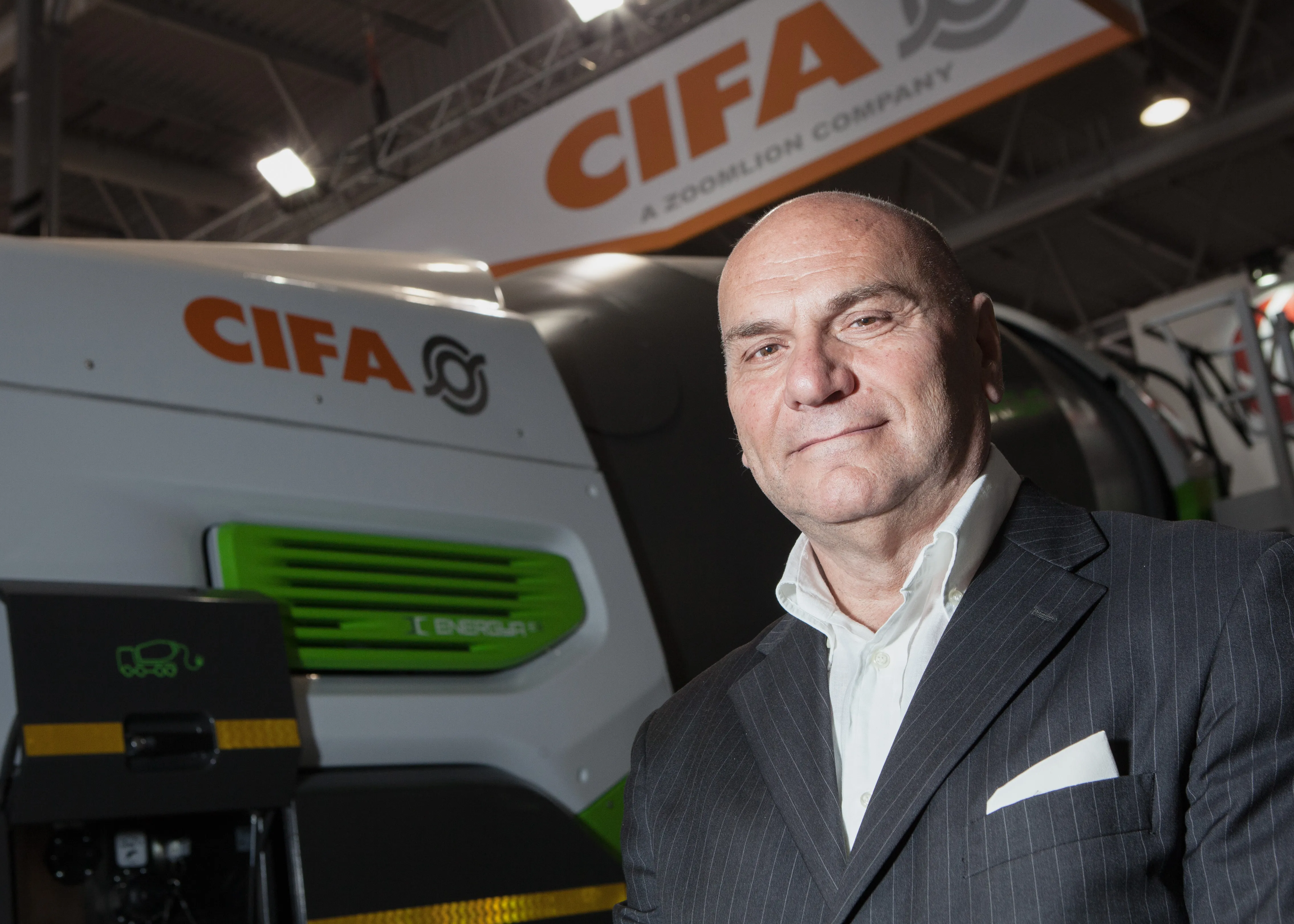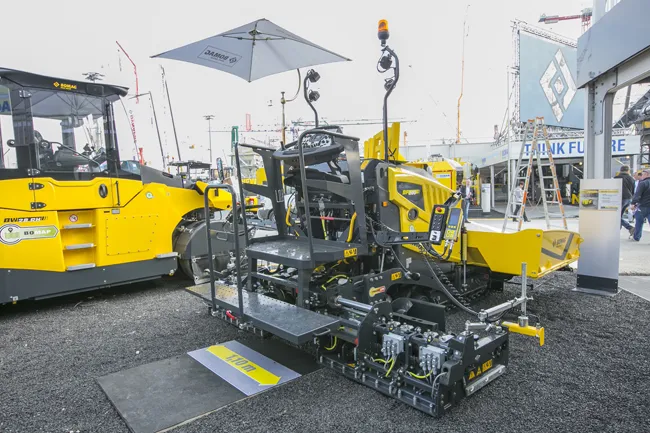
The purchase of
Jean-Claude Fayat is president of the family-owned firm and said that another advantage from the acquisition is the additional manufacturing capacity it adds to the group. The deal has brought five factories to the group with Dynapac’s plants in Germany, Sweden, Brazil, China and India.
Fayat explained that the new factories boost production capacity for key markets. In China for example, Fayat’s two existing facilities focus on the manufacturing of asphalt plants and compactors, so the addition of the Dynapac factory provides the capability to make asphalt pavers and milling machines also.
Although both Dynapac and BOMAG are part of the same group, the firms will retain their individual identity and the product lines will not be integrated. Following the deal, the Dynapac machines have been rebranded with a new colour scheme. Fayat said, “We want to maintain BOMAG and Dynapac on the market. We intend to give customers both choices,” and he added that distribution will also remain separate. However, by sharing component sourcing, BOMAG and Dynapac will benefit from economies of scale and will be able to lower manufacturing costs.
Jörg Unger is president of Fayat Road Equipment and underlined a key strategy following the deal, “Dynapac will stay as an autonomous part of the Fayat Group. BOMAG is a strong player in this business, as is Dynapac. The two will retain separate brand identities. Road equipment is a core business of the Fayat Group.”
Some research and development for the Stage V emissions requirements will be shared between Dynapac and BOMAG, but the different features of the two product ranges will be retained. BOMAG and Dynapac distribution, sales and servicing will also remain separate and Unger said, “If you buy a BOMAG machine, you will not get servicing through Dynapac.”
Dynapac is bringing a great deal to the Fayat Group, while the new ownership will also be good for Dynapac. Herman Mathyson is vice president of marketing at Dynapac and said that the firm represents an important purchase for Fayat. He said, “We have a global installed base serving more than 80,000 working machines worldwide.”
Dynapac focuses on research and development and has a history of innovation, and the firm will continue that process, following its acquisition by Fayat. Mathyson said, “Over 45% of our business is coming from products that have been on the market for less than three years. Another 35% of our business is from products that have been on the market for less than six years.”
Mathyson said that the mood within Dynapac is very positive under the new ownership and commented, “Dynapac is a good fit into the Fayat Group. We have an owner who understands our customer’s business.”
New product development is continuing, with the CC1100 VI and CC1200 VI asphalt compactors now coming to market. These machines have drum widths of 1.1 and 1.2m respectively and are suited to markets such as the rental sector. Various options are available, including a choice of engines to suit local market requirements as well as a combi variant offering a steel drum as well as rubber tyres.
Dynapac has also been a pioneer of technology solutions for road construction and aims to continue this focus. Frederic Åkesson, manager for TAC at the firm explained, “We’ve had digital tools for 20 years and 40 of our compactors include the Compaction Manager system.”
The online cost control tool allows customers to determine the total cost of ownership of a machine and includes factors such as the purchase price, fuel and oil, and maintenance and repairs. Machine users can scan QR codes on the machines that give links to all the tools and systems available on a piece of equipment.
Different tools are available for compaction and paving processes, which a customer can access by logging into the system. This allows the user to optimise the machines onsite and can also be used to connect with the BPO logistics and planning package. Åkesson said, “We need to minimise the total running cost of the machine. Maintenance is a huge part of what a machine costs to run.”








